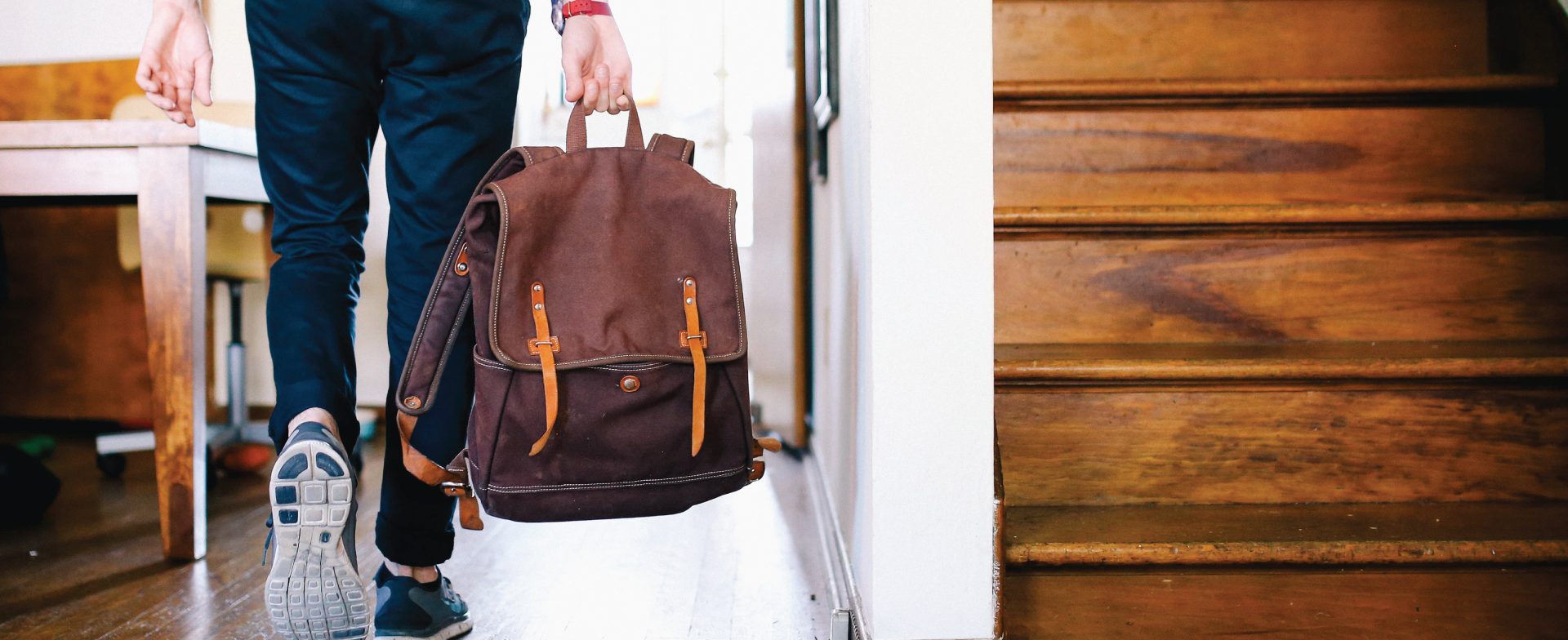Every year, thousands of students from Quebec and beyond flock to Montreal, a dynamic metropolis that has no fewer than four universities and a slew of CEGEPs. Even though leaving behind your hometown, friends and family to pursue higher education in another city can be a rewarding experience, it also comes with a bit of risk. To adapt well, you need to come prepared!
Why leave?
There are many reasons why you would want to move to a big city to study. In Quebec alone, about half of all students under 20 move to a different region for school! It’s quite a phenomenon: many see this option as an opportunity to better their chances of having a successful career and personal life, be it by having access a particular program or by learning the skills to be independent.
The risk of culture shock
No matter why you decided to leave home to study, the roaming experience almost always begins the same way. By suddenly entering an entirely different environment, your chances of experiencing some culture shock are pretty high. But don’t worry—that isn’t always a bad thing! Massive changes and frequent exposure to new things inevitably cause stress, which can be positive or negative.
In most cases, the effects of culture shock come in three steps:
Enthusiasm
This phase of adaptation, which lasts about two to three months, brings on feelings of happiness, excitement and even euphoria! There’s no better feeling than making new friends, meeting new roommates and discovering a bustling new city when you’re looking for new and exciting experiences! You think you could never tire of this new life, which you chose and worked so hard to get!
Sadness
After the thrill of the first few weeks, you start to feel the void left by your friends and family back home. You also notice the absence of familiar symbols and cultural references. Although this can feel exciting at first, the time comes when you just want to belong, to feel at home. Depending how prepared you were before your arrival, this phase can last from 3 to around 18 months!
Acclimatization
After a little while, “new” makes way for “normal.” You develop a routine, and get used to the things that once disoriented you. Goodbye sadness! Goodbye stress! Goodbye anxiety! At this point, you probably will have developed a strong social life and will be ready to take on new challenges more effectively.
Become a double agent!
There’s no doubt that, one way or another, changing cities, schools and your daily life will alter your personality and lifestyle. If you successfully adapt to your new life, you will be able to forge a double personality from all your different experiences! To have the odds in your favour, be sure that you are well prepared, financially and psychologically, and take some time to think about housing and work. Find and reserve a place to live ahead of time and look up settlement services in your area. Most importantly, don’t forget the loved ones you will leave behind. Making frequent trips between your new city and your hometown could help you adapt better, by seeing and accepting the difference between cultures.
